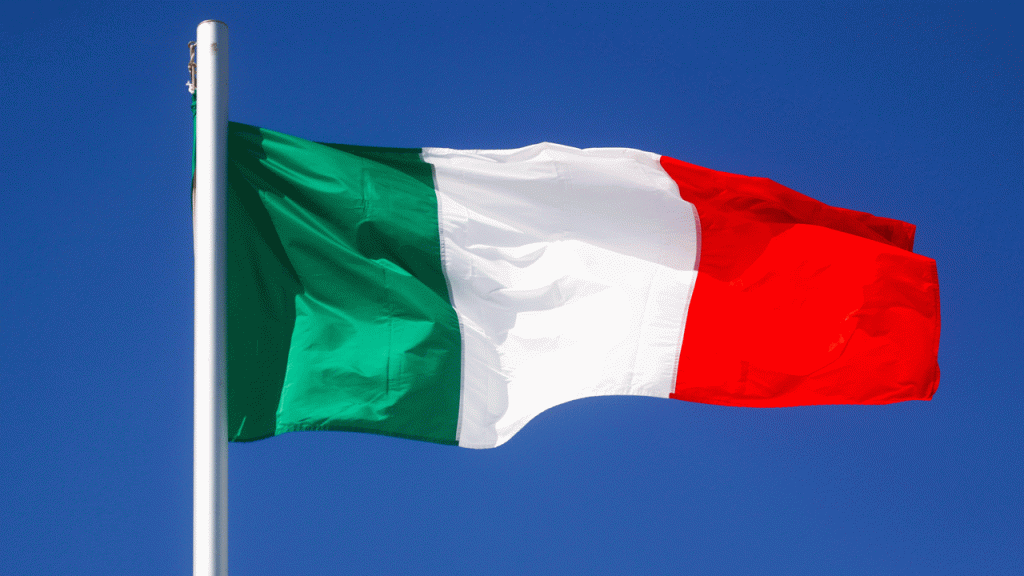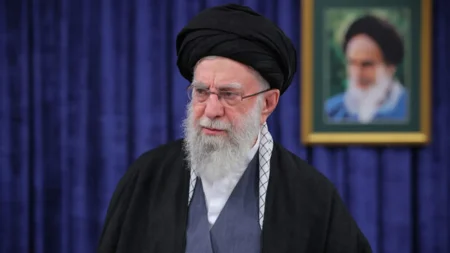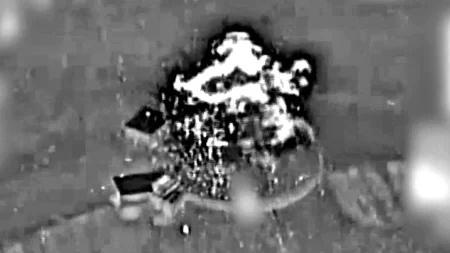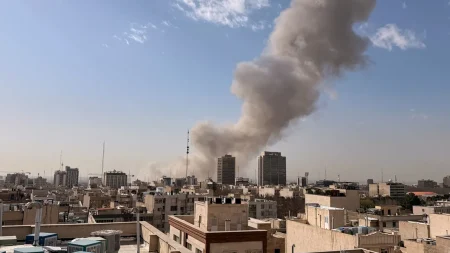The Italian city of Brescia witnessed a significant law enforcement operation on Thursday, targeting the notorious ‘Ndrangheta mafia. Among the 25 individuals arrested was Sister Anna Donelli, a nun widely recognized for her volunteer work within Milan’s San Vittore prison. Authorities suspect Donelli of colluding with the ‘Ndrangheta, acting as a conduit between imprisoned gang members and their associates outside. This revelation shocked many, given her established reputation for service, particularly among the city’s marginalized communities. Just months prior to her arrest, Donelli was even honored with the “Golden Panettone,” a prestigious Milanese civic award, further highlighting the unexpected nature of her alleged involvement in organized crime. Attempts to reach her legal counsel for immediate comment were unsuccessful.
The operation extended beyond the arrest of Sister Donelli, netting a total of 25 suspects, including two local politicians, signaling the mafia’s infiltration of the political landscape. Authorities seized 1.8 million euros in assets, a testament to the financial scale of the ‘Ndrangheta’s operations. While the official police statement detailed the broad range of charges, including mafia association, vote buying, illegal weapons possession, money laundering, loan-sharking, drug trafficking, and false invoicing, it refrained from publicly identifying any of the individuals apprehended. This is standard procedure in Italian investigations, allowing for further investigation and protecting the integrity of the ongoing legal proceedings.
The core of the ‘Ndrangheta’s illicit activities revolved around a complex system of fraudulent invoicing. The criminal network allegedly facilitated the issuance of invoices worth 12 million euros for non-existent transactions. This intricate scheme enabled complicit businesses to artificially deflate their reported income, thus evading substantial tax liabilities. In return for this illicit service, the entrepreneurs paid commissions to the ‘Ndrangheta, effectively funneling significant sums of money into the criminal organization’s coffers. This financial mechanism underscores the sophisticated nature of the ‘Ndrangheta’s operations and their ability to infiltrate legitimate business practices for their own gain.
The arrests in Brescia shed light on the pervasiveness of the ‘Ndrangheta’s influence, extending beyond its traditional stronghold in Calabria. Originating in the impoverished southern region of Italy, the ‘Ndrangheta has strategically expanded its reach, both nationally and internationally. It has eclipsed other Italian mafia groups, such as Cosa Nostra and the Camorra, to become the most powerful criminal organization in the country. This growth is attributed to its adaptable nature and its willingness to engage in diverse criminal enterprises, ranging from traditional extortion and drug trafficking to more sophisticated white-collar crimes, as evidenced by the fraudulent invoicing scheme uncovered in Brescia.
The ‘Ndrangheta’s expansion across Europe and beyond has raised concerns among international law enforcement agencies. Its sophisticated operations, coupled with its deep-rooted network of loyal members, pose a substantial threat to global security and economic stability. The organization’s involvement in white-collar crime, particularly financial crimes like money laundering and fraud, allows it to blend into legitimate business activities, making it more difficult to detect and dismantle. This infiltration of legal markets poses a long-term challenge to authorities seeking to disrupt the ‘Ndrangheta’s global reach and influence.
The arrest of Sister Donelli, coupled with the detention of local politicians, underscores the ‘Ndrangheta’s ability to infiltrate various sectors of society. It highlights the organization’s strategic approach, leveraging individuals in positions of trust to further its criminal agenda. This case serves as a stark reminder of the insidious nature of organized crime and its capacity to corrupt even those seemingly dedicated to serving their communities. The ongoing investigation will undoubtedly delve deeper into the extent of Donelli’s involvement and the broader network of collaborators who facilitated the ‘Ndrangheta’s illicit operations in Brescia and beyond.















